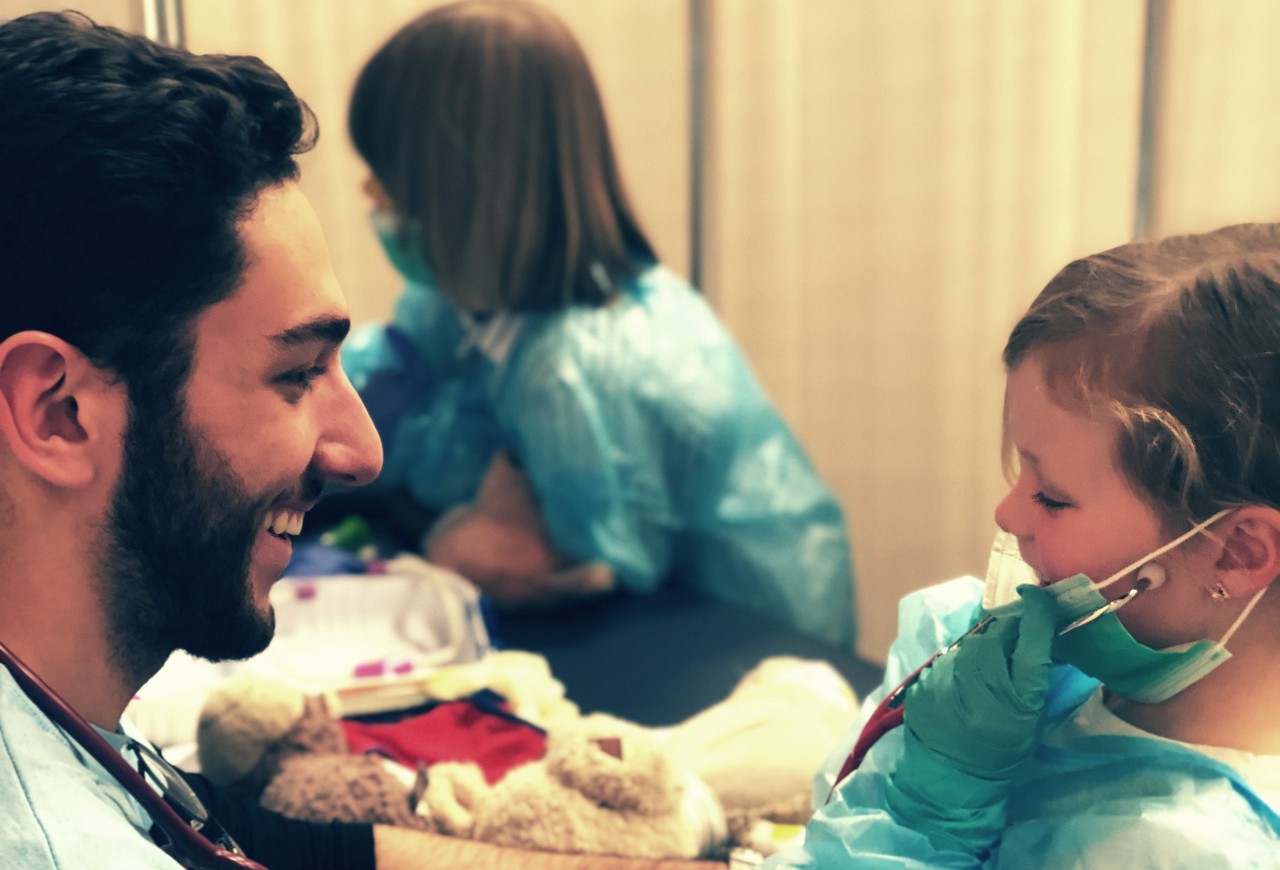Steps on How to Become a Surgeon High school through medical school
To practice as a surgeon, one must complete a lengthy and challenging school curriculum. These experts place the lives of their patients at risk, necessitating intense training. The educational prerequisites consist of four years of college and medical school. After completing medical school, a surgeon must undergo three to seven years of surgical specialty residency.
As preparation for this rigorous profession, aspiring surgeons should enroll in a college with a robust pre-med curriculum. Before applying to medical school, these students should take the Medical College Admission Test (MCAT) and major in biology, physics, or chemistry. Additionally, students should seek pre-med support groups, linking prospective surgeons with mentors, tutors, and research opportunities.
Surgeons operate in hospitals, clinics, and private practices, among other venues. Orthopedic, plastic, and reconstructive surgery are among the various specializations available. It is essential to consider educational, residency, training, and licensing requirements before choosing a specialty.
A steady hand is vital to the success of a surgeon’s work, which requires precision and accuracy. The capacity to concentrate and maintain composure for extended durations is also critical. If an individual has tremors or any other physical ailment, they may not be appropriate for this profession. In addition to working long hours, surgeons’ schedules can be erratic. As a result, there is no assurance of a stable career or a prosperous future.
Surgeons must have a comprehensive understanding of the human body. Their specializations differ but require extensive knowledge of a particular bodily part. For instance, a cardiac surgeon must have an in-depth account of the heart, and a neurosurgeon must have extensive knowledge of the brain.
Those interested in a career in surgery must have a bachelor’s degree. In addition to obtaining a four-year undergraduate degree, students should take courses that prepare them for the MCAT exam, which most medical schools require. They should begin MCAT study three to five months before taking the exam.
In all states, obtaining a medical license is required to practice surgery. In addition, surgeons must undergo residency training and pass a standardized national licensing examination after medical school. Aspiring surgeons can contact their state’s medical board to determine the prerequisites for their specialization. Although there is no single prerequisite, attending an accredited medical school increases the likelihood of earning a residency.
Surgeons undertake surgeries to treat diseases and injuries after earning a degree. These methods may be semi-invasive or invasive. In addition, surgeons educate patients on postoperative recovery and medication alternatives. They also supervise the surgical procedure, ensuring that all aspects are done correctly. Throughout the surgery, they maintain a clean and secure operating area. Patients may have inquiries regarding the operation and recovery duration.





 ragtimeboy
ragtimeboy